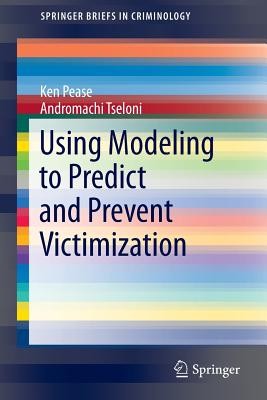
- We will send in 10–14 business days.
- SAVE -10% with code: EXTRA
Reviews
Description
This work provides clear application of a new statistical modeling technique that can be used to recognize patterns in victimization and prevent repeat victimization. The history of crime prevention techniques range from offender-based, to environment/situation-based, to victim-based. The authors of this work have found more accurate ways to predict and prevent victimization using a statistical modeling, based around crime concentration and sub-group profiling with regard to crime vulnerability levels, to predict areas and individuals vulnerable to crime. Following from this prediction, they propose policing strategies to improve crime prevention based on these predictions. With a combination of immediate actions and longer-term research recommendations, this work will be of interest to researchers and policy makers in focused on crime prevention, police studies, victimology and statistical applications.
EXTRA 10 % discount with code: EXTRA
The promotion ends in 21d.02:43:36
The discount code is valid when purchasing from 10 €. Discounts do not stack.
- Author: Ken Pease
- Publisher: Springer
- Year: 2014
- Pages: 80
- ISBN-10: 3319031848
- ISBN-13: 9783319031842
- Format: 15.6 x 23.4 x 0.5 cm, minkšti viršeliai
- Language: English English
This work provides clear application of a new statistical modeling technique that can be used to recognize patterns in victimization and prevent repeat victimization. The history of crime prevention techniques range from offender-based, to environment/situation-based, to victim-based. The authors of this work have found more accurate ways to predict and prevent victimization using a statistical modeling, based around crime concentration and sub-group profiling with regard to crime vulnerability levels, to predict areas and individuals vulnerable to crime. Following from this prediction, they propose policing strategies to improve crime prevention based on these predictions. With a combination of immediate actions and longer-term research recommendations, this work will be of interest to researchers and policy makers in focused on crime prevention, police studies, victimology and statistical applications.


Reviews